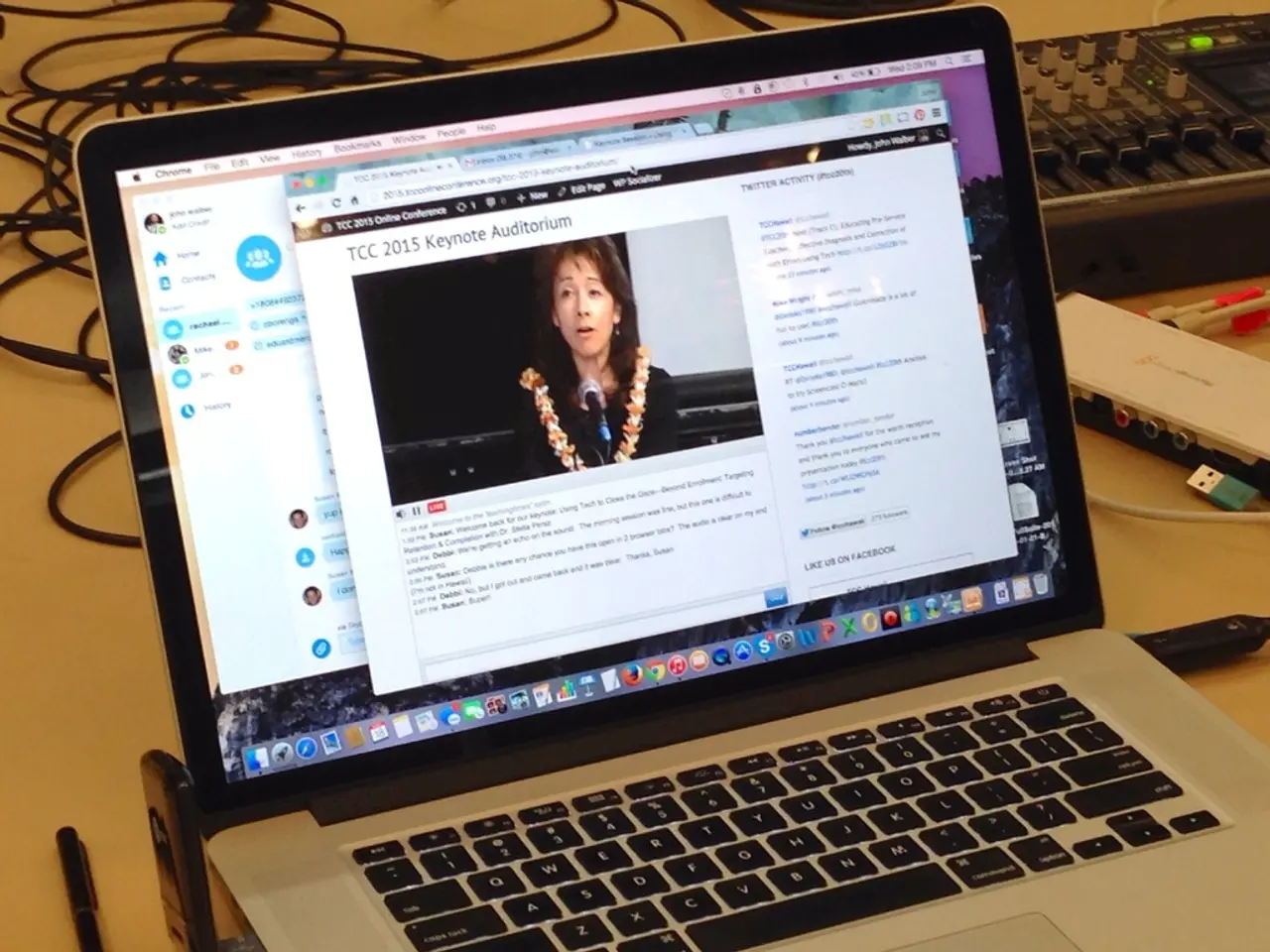Delving into the Realms of PC Cases: Identifying the Four Key Models You Need to Recognize
When it comes to building or upgrading a computer, one of the most crucial decisions you'll make is choosing the right case. Known as the chassis, tower, or cabinet, this structure holds and protects the components of your computer. In this article, we'll explore the four main types of computer cases - Full Tower, Mid Tower, Mini Tower, and Specialized Cases - and help you understand their advantages, disadvantages, and suitability for your needs.
Full Tower Cases
Advantages: Full Tower cases offer excellent expandability for multiple hard drives, expansion cards, and large motherboards (ATX, E-ATX). They provide better airflow and cooling options due to their larger internal space. Ideal for high-performance gaming, workstations, or servers requiring maximum hardware support.
Disadvantages: Full Tower cases are bulky and heavy, making them less portable and taking up more desk or floor space. They are generally more expensive and can be overkill for basic computing needs.
Mid Tower Cases
Advantages: Mid Tower cases are the most popular choice, providing a good balance between expandability and size. They support standard ATX motherboards and multiple drives with decent cooling options. They are easier to fit in standard office or home setups compared to full towers.
Disadvantages: Mid Tower cases have limited expansion compared to full towers, and their smaller size might restrict certain very high-end builds or extensive cooling setups.
Mini Tower Cases
Advantages: Mini Tower cases are compact and lightweight, making them ideal for saving space and portability. They are usually more affordable and quieter due to smaller fans or fewer components. They are suitable for basic office computers or home PCs with limited upgrade needs.
Disadvantages: Mini Tower cases have limited expandability and cooling options. They often restrict hardware choices to micro-ATX or smaller motherboards. They can have cable management challenges due to tight space.
Specialized Cases
Specialized cases are designed for specific uses, such as home theater PCs (HTPC), servers (rackmount), or ultra-compact builds (small form factor). They are optimized for form factor and intended environment, often with aesthetic or space-saving benefits.
Advantages: Specialized cases cater to niche use cases with trade-offs on flexibility and cooling.
Disadvantages: They are usually very limited in expandability, cooling, and upgradeability. Custom parts may be required, increasing cost and complexity. They may have less airflow and thermal management options.
In summary, Full Tower cases prioritize expandability and performance but sacrifice portability and space; Mid Tower cases offer a balanced compromise; Mini Tower cases favor compactness and affordability but limit growth; and Specialized cases cater to niche use cases with trade-offs on flexibility and cooling.
Regular cleaning and maintenance of your computer case, including dusting and checking for loose connections, are essential for optimal performance and longevity. When selecting a computer case, consider size, compatibility, airflow, and aesthetic preferences. Budget-friendly options for computer cases are available, offering essential features without compromising on quality or functionality.
[1] https://www.tomshardware.com/reviews/best-pc-cases,5934.html [5] https://www.pcgamer.com/best-pc-cases/
When considering gadgets for a home theater setup, a Full Tower case might be an appropriate choice due to its excellent expandability for high-performance components. On the other hand, a Mini Tower case may be more suitable for a compact home PC, offering savings in space without sacrificing essential features. When it comes to technology, specialized cases, such as for home theater PCs, cater to niche use cases in terms of aesthetics, space, and form factor.




